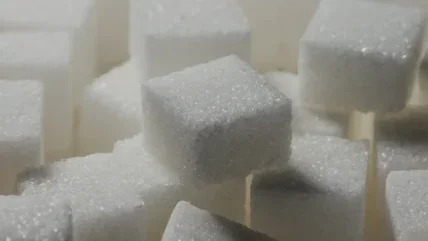
South Korea-based Samyang has received the Food Standards Australia New Zealand (FSANZ) approval for Allulose as a ‘Novel Food’.
The regulatory agencies grant Novel Food status to such food ingredients that were not previously used in foods but have now been deemed safe.
With the FSANZ approval as Novel Food, Samyang is allowed to sell Allulose as a safe food ingredient in Australia and New Zealand.
Samyang said it is the first company in the world to receive Novel Food approval for allulose in Australia and New Zealand, and the first to enter these markets.
Samyang Foodstuff head Sang-Hoon Lee said: “The recent approval enables us to expand our reach to Australia and New Zealand as we continue our market expansion across North America and Japan.
“We will actively pursue promotions with new local clients and distributors to capture market share.
“With the completion of our new speciality factory in Ulsan, which ensures a stable production capacity to meet global demand, we are further accelerating our overseas market entry.”
Allulose, a rare sugar with 70% of the sweetness of sucrose and nearly zero calories, offers a similar taste to fructose and flavour like sucrose, and caramelisation when heated.
Unlike high-intensity sweeteners and sugar alcohols, which are classified as food additives, allulose can now be widely used in manufacturing sugar-reduced and sugar-free products.
Samyang started preparing for FSANZ Novel Food approval for allulose in November 2021 and secured the approval after nearly three years.
The company is serving as an exclusive supplier in the region, strengthening its local partnerships in distributing allulose through its B2B brand, Nexweet.
Samyang has expanded its allulose reach worldwide, earning generally recognised as safe (GRAS) status from the US FDA in 2020, along with Kosher and Halal certifications.
In September this year, the company completed construction on a large-scale speciality plant for the manufacturing of allulose and prebiotics in South Korea.
With 13,000 tons per annum production capacity, the facility can produce both liquid and crystalline allulose, enhancing the company’s export capabilities, said Samyang.






